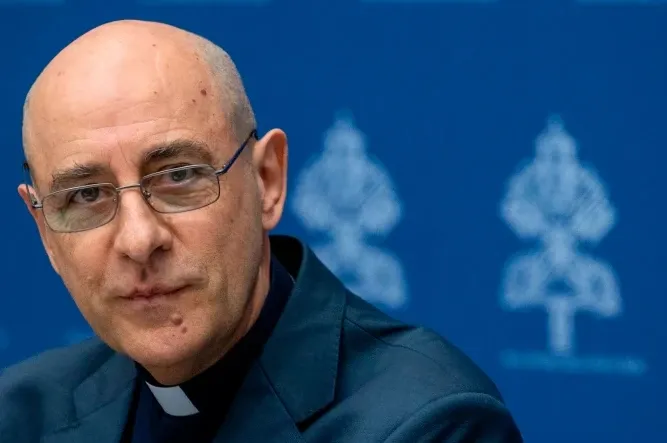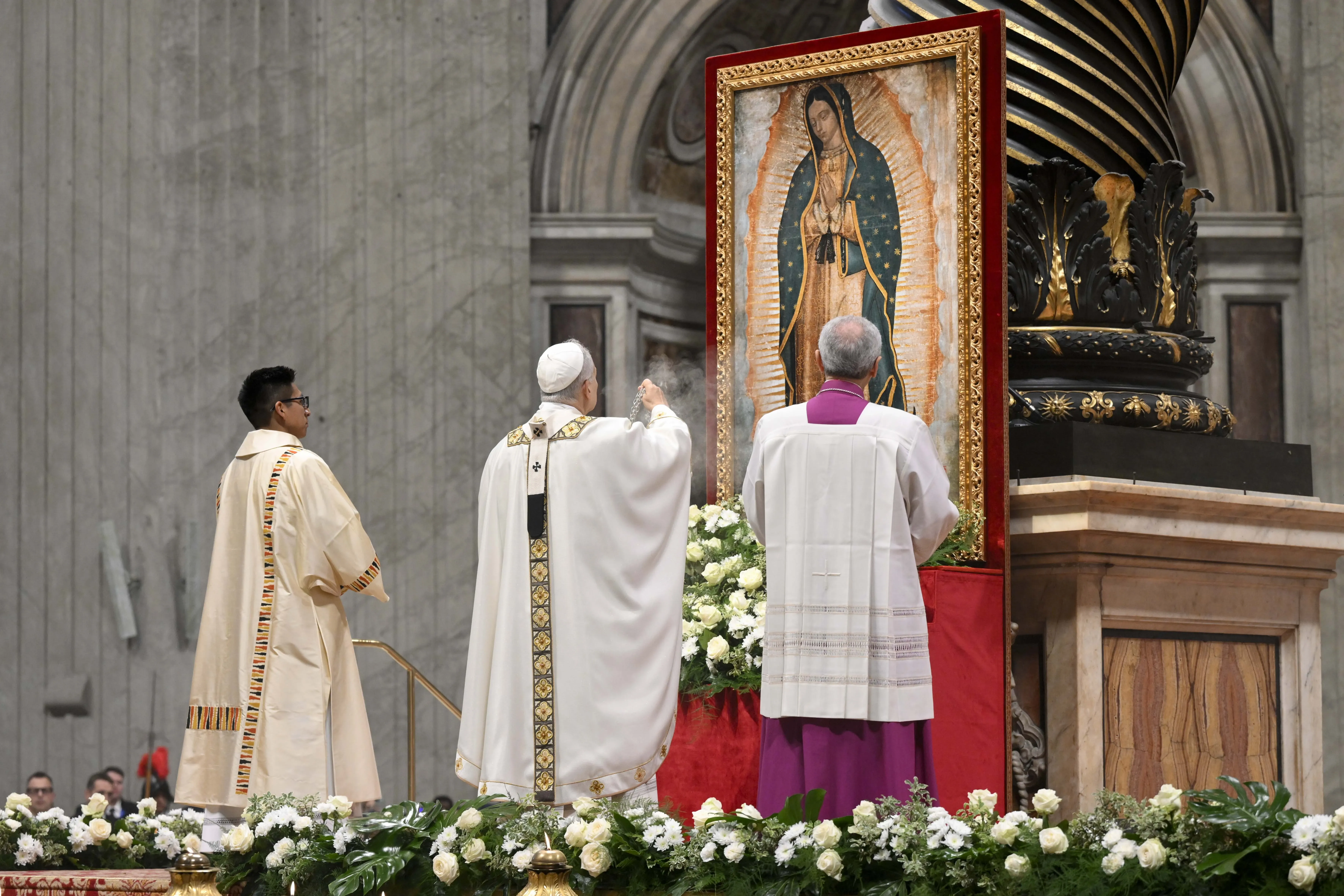Vatican City, 25 October, 2024 / 7:50 pm (ACI Africa).
Cardinal Victor Fernández, the prefect of the Dicastery for the Doctrine of the Faith, announced that the female diaconate will be the subject of a more in-depth study under the impetus of the proposals sent to the commission assigned to this task. He also stated that this question, although Pope Francis considers it not “mature,” is not a “closed issue.”
To delve deeper into the differences between holy orders and authority in order to be able to entrust laywomen with leadership functions in the Church is, according to Fernández, the objective of the work of the group he leads at the Synod on Synodality to reflect on the role of women in the Church at the request of the Holy Father.
Fernández made the statement during a meeting on Thursday afternoon with about 100 members, guests, and experts participating in the synod to hear their questions and proposals regarding the work of group 5.
This meeting was called at the initiative of the cardinal in response to some members being frustrated by his absence from a meeting scheduled for last week.
According to reports and the audio shared after the meeting, Fernández emphasized that the majority of women want to “be heard and valued,” are asking to “have authority” and to be able to develop their charisms without specifically requesting the female diaconate, since they do not want to be “clericalized.”








